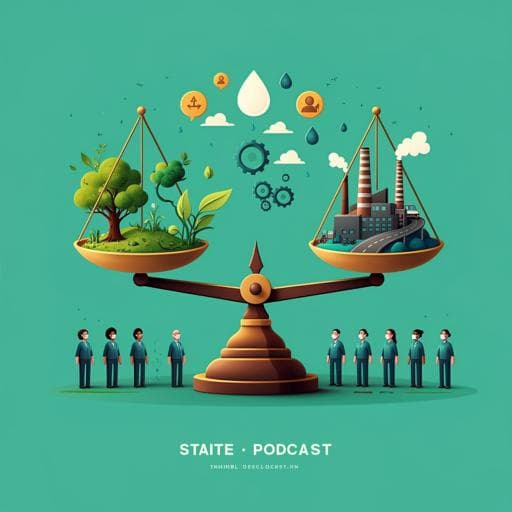
Political Science
The wellbeing economy in practice: sustainable and inclusive growth? Or a post-growth breakthrough?
A. Hayden
Explore the intriguing findings of research conducted by Anders Hayden, which delves into the potential of the wellbeing economy as a transformative force for post-growth environmental strategies. This study reveals varying levels of commitment to post-growth principles among nations in the Wellbeing Economy Governments initiative, particularly highlighting Wales' innovative policy approaches. Discover what changes could enhance the post-growth nature of this emerging economic model.
Related Publications
Explore these studies to deepen your understanding of the subject.







